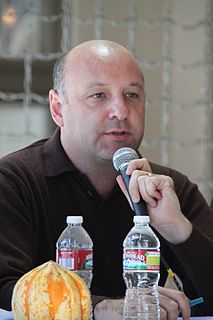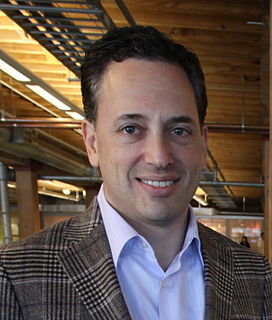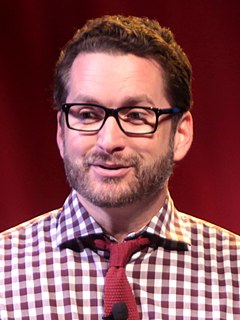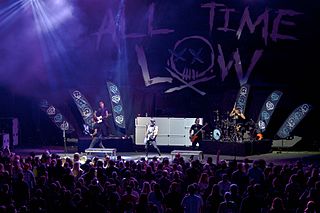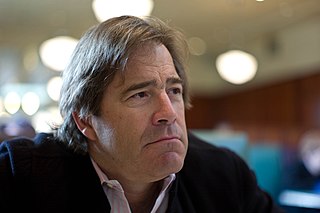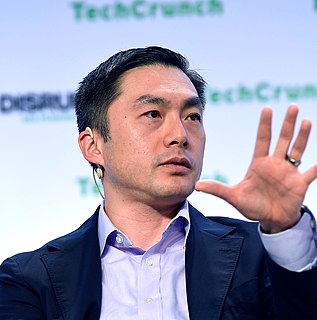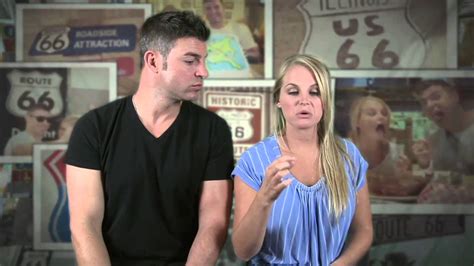A Quote by Harper Reed
Ten Internets ago, when PayPal was started, it was all these tools that no one had built yet to bring commerce to the Internet. My first startup used PayPal.
Related Quotes
Nowadays people talk about PayPal's founders as prescient geniuses who would inevitably change the world. It was, however, not so obvious that PayPal would taste its first major success by helping people sell Beanie Babies on eBay. But they had a vision, a hope, and the perseverance to try multiple iterations until they got it right.
I consider us to be one of the first Internet-based bands, especially because we basically started our entire band via the Internet. Before MySpace Music even existed, we had a band MySpace page. We were one of the first fifty bands on PureVolume(.com), and we really built everything from the Internet. That's how we started talking to record labels, that's how we booked our first tours. Without the Internet social networking, like Twitter, we definitely wouldn't be where we are today. It is a huge part of the band.


